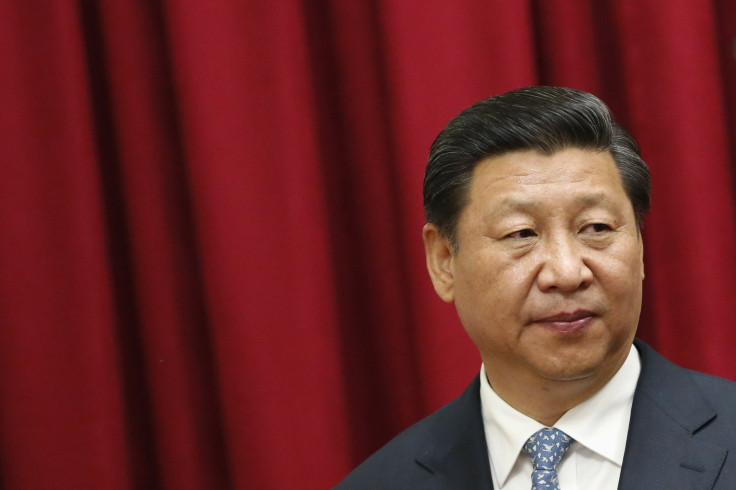Australian farmers are crying foul over the 80 percent five-year tariff imposed by China on Australian barley and other goods. They say the reason behind the tariff is China’s anger over Australia’s push for an independent international inquiry into how the communist country handled the coronavirus pandemic when it started in Wuhan, China earlier this year.
Rhys Turton, president of the West Australian Farmers Association, described China’s move as “an absolute joke,” saying “farmers in Australia don’t get subsidies on anything.” Aside from slapping Australian farmers with tariffs, China also banned imports of Australian beef and warned citizens against traveling to the country.
Trade tensions between China and Australia started shortly after China warned Australia against pushing for a COVID-19 inquiry. In April, Cheng Jingye, China’s ambassador to Canberra, warned Australia that pushing for an inquiry could spark a Chinese consumer boycott of students and tourists visiting Australia. Jingye also threatened boycotting sales of popular agricultural exports like beef and wine.
Last weekend, China escalated its rhetoric when it announced that Cam Gillespie, the Australian who was arrested seven years ago on charges of drug trafficking in southern China, had been sentenced to death. The announcement came after China’s Ministry of Education issued a warning about studying in Australia, saying there had been a marginal increase in racist incidents against Asians in the country.
In a statement, Trade Minister Simon Birmingham said it’s understandable why people draw a link between China’s move and Australia’s push for a COVID-19 probe. Foreign Minister Marise Payne also described China’s recent actions as “inappropriate.”
Despite the controversy, China has shown no restraint when it comes to its moves against Australia. However, Gavin Thompson, vice-chair of Wood Mackenzie Asia Pacific, said in his blog that China and Australia should patch things up before things get worse.
“All relationships go through their bad patches but both sides would likely be worse off if the current diplomatic spat were to escalate further,” he wrote. “Now is the time for cool heads, dialogue and pragmatism to prevail,” he added.

© 2025 Latin Times. All rights reserved. Do not reproduce without permission.



